Riot Games revealed a lot of details regarding the ranked system, matchmaking, and in-game changes of League of Legends: Wild Rift during a dev diary yesterday. The dev diary also announced the regional closed beta for certain Southeast Asian countries.
The closed beta will go on for a few weeks following which a wider release of Wild Rift can be expected. Players can pre-register for the game on the official website and the Google Play Store to get notified when that happens.
Related: League of Legends: Wild Rift first regional closed beta begins Sept. 16
Ranked system
The core of League of Legends is its ranking system. The ranking system in Wild Rift is a little different from its PC counterpart. Here is everything you need to know about it. Riot has said that this system could get changes if players don’t like it.
Rank tiers
The rank tiers of Wild Rift and League PC are similar with players having to advance from Iron to Challenger. An extra tier has been added to Wild Rift, however, called Emerald between Platinum and Diamond. This has been added to “distribute players more accurately.”
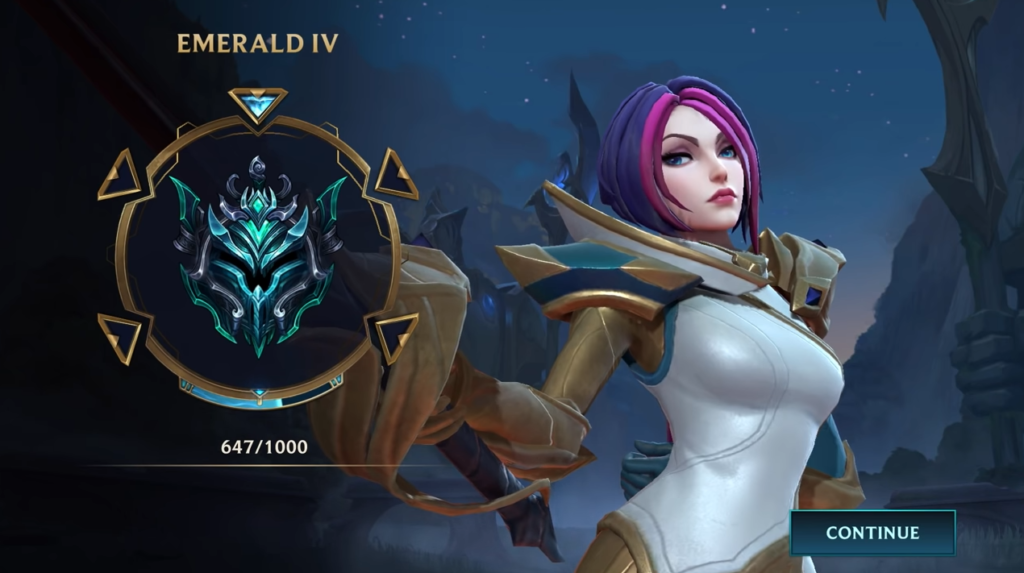
Hence the tiers in Wild Rift are Iron, Bronze, Silver, Gold, Platinum, Emerald, Diamond, Master, Grandmaster, and Challenger.
Each tier has several divisions through which players have to advance to rank up. Below Master, every tier has four divisions.
Rank systems
There are two types of ranked systems in Wild Rift. One uses ranked marks which is followed in the lower tiers. The higher tiers have the victory point system.
Ranked Marks
To advance in the tiers between Iron and Emerald, ranked marks are used. Every win will grant players a ranked mark while a loss will remove one.
To advance within a division of a tier, up to five ranked marks are required. In lower tiers, a lesser number of marks are needed.
Victory Point System
From Diamond to Challenger, the victory point system is followed which League fans are familiar with. Winning matches will grant players points that will enable them to move up the leaderboards.
Rank Fortitude
A big difference between Wild Rift and League PC’s ranking system is the addition of “rank fortitude” in the former.
Players will receive “fortitude” as they play matches. When this fortitude fills up, it will be used when a player loses a ranked match to protect them from loosing a ranked mark.
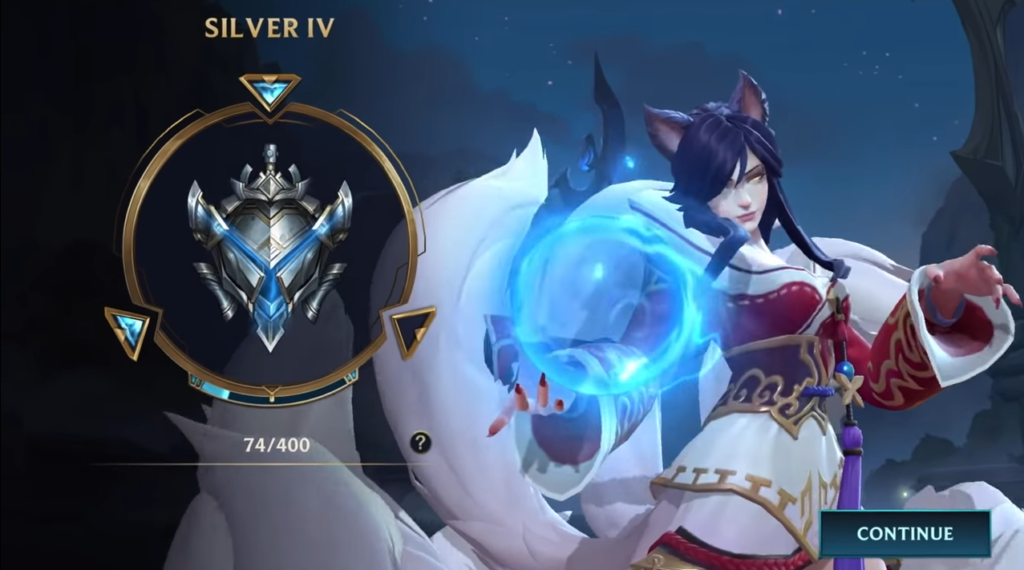
Riot has said this system has been implemented to provide players a “safety net” and not give an easy way to rank-up. A weekly cap on the fortitude system will be in place to prevent this from happening.
Matchmaking
Players can queue with up to four of their friends in Wild Rift. Riot has said that the system will always match groups with similar powers. It aims to provide the “fairest matchmaking possible.”
Progression
Riot wants Wild Rift to be “free to play friendly” and will offer a number of reasons to keep players who don’t spend money hooked to the game.
In the early levels, every new one will reward players with starter champions. Playing Wild Rift will also give players “Blue Motes” which can be used to purchase other champions. There will also be a free champion rotation.
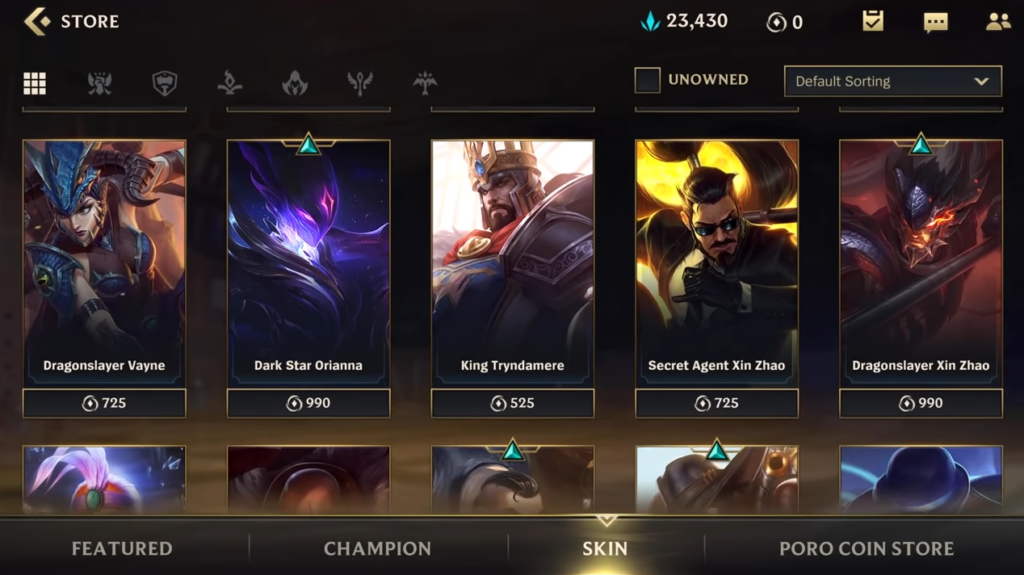
Riot has said it won’t be offering exclusive paid champions, in-game stats boost or make champions really expensive. This is good news for MOBA fans on mobile as most of the games currently available in the market do this.
Wild Rift’s version of RP are “Wild Cores.” Players can purchase champions, skins, emotes, and other stuff through this. For free-to-play players, the “Poco coins” can be earned by playing matches. These coins can then be used to unlock cosmetic items like skins and emotes.
In-game changes
A lot of changes have been made to Wild Rift based on feedback from the alpha test back in June. The turrets, which players complained were too weak, have been adjusted. Some new features have also been added:
Semi-lock camera button: This setting will give players a button that can be used to adjust the camera a bit to get a better view.
New champions: Six new champions have been added to Wild Rift. These are Varus, Dr. Mundo, Amumu, Jarvan IV, Singed, and Sona.
Custom layouts: Players will be able to completely customize the layouts of buttons in Wild Rift as per their preference.
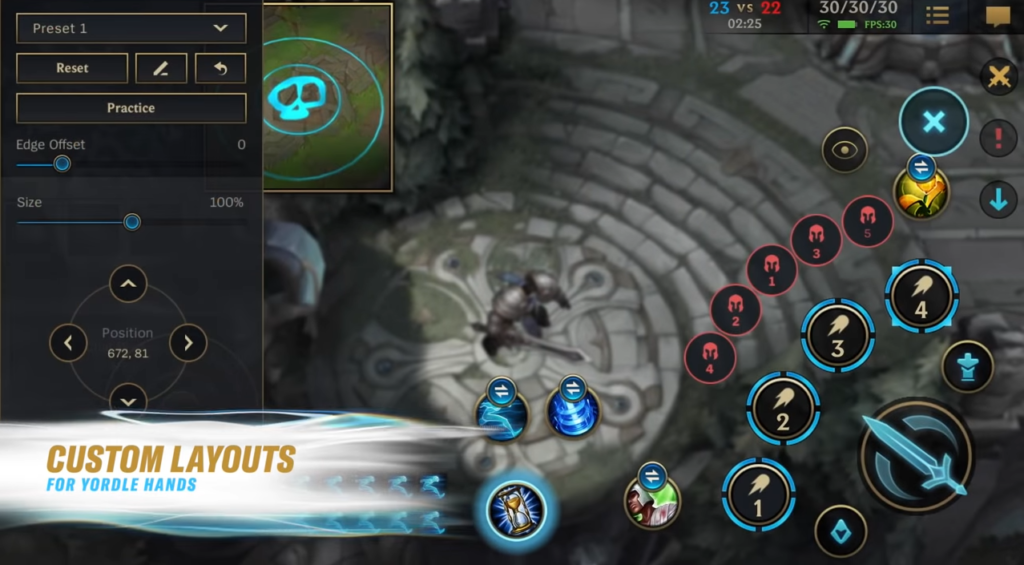
Aim Panning: Landing long-range skill shots will be easier with this feature. When this is turned on, the camera pans in the direction the player aims a long-ranged ability.
Global ultimates: Two key additions have been made to make it easier to use global ults. The ult will now aim from the center of the screen when a player uses a minimap to aim it. A tiny pop-up camera will also appear on the screen to make players aware of whether the ult landed or not.


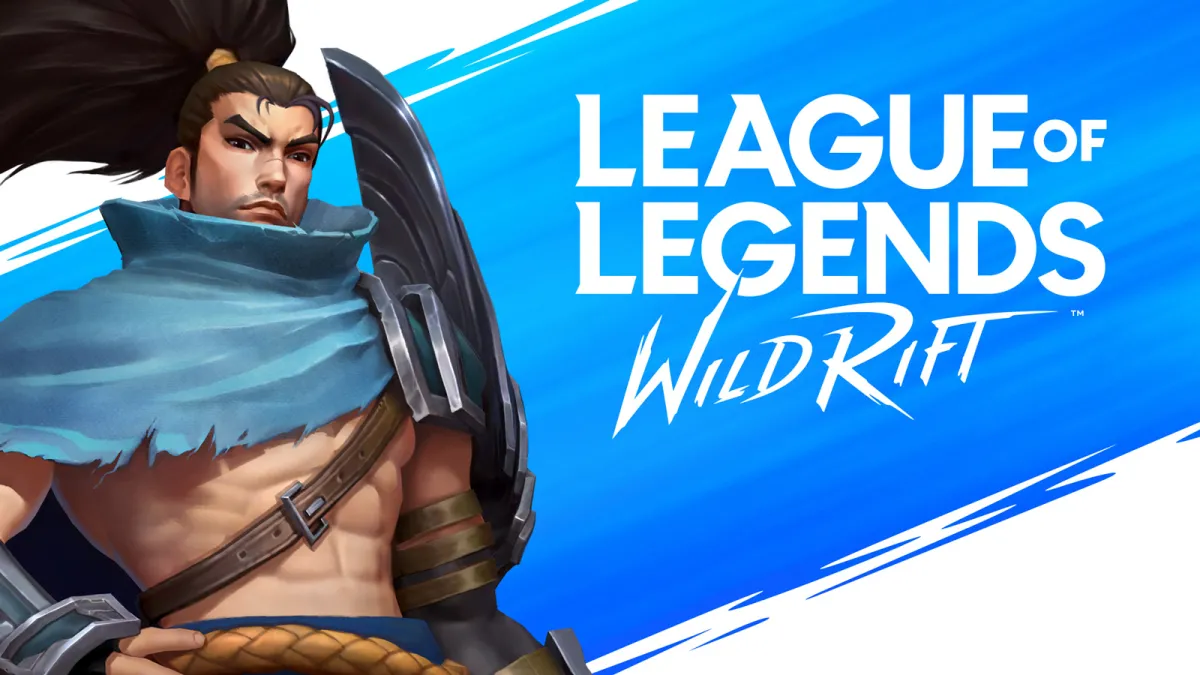
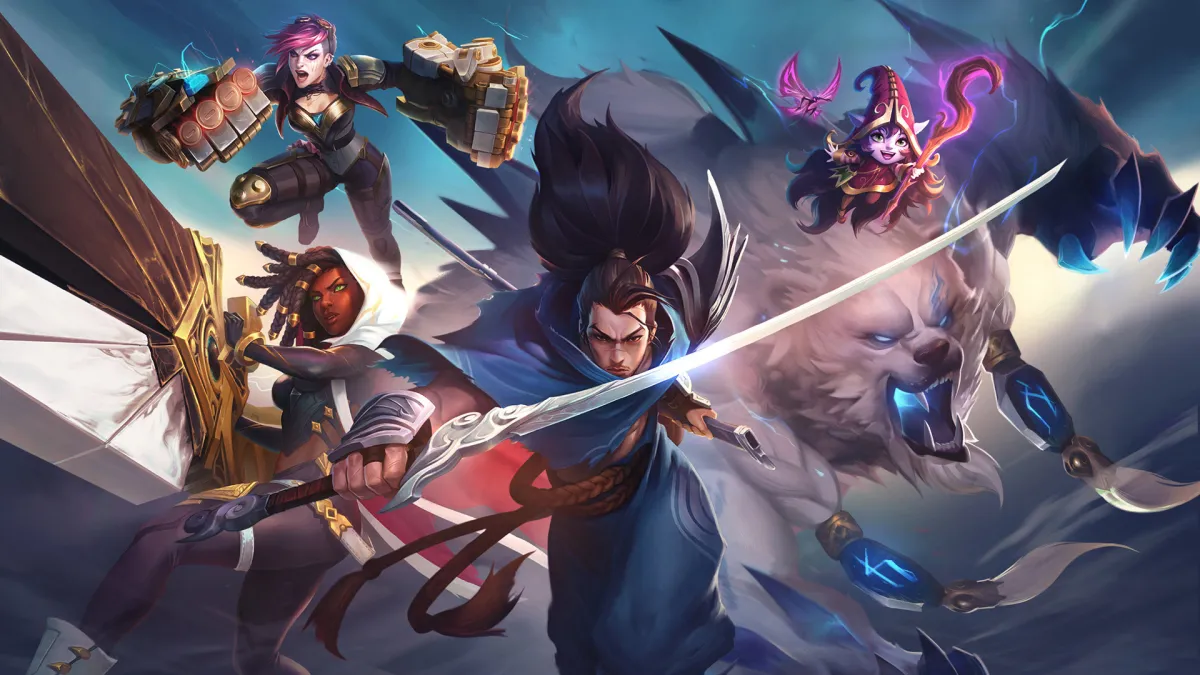

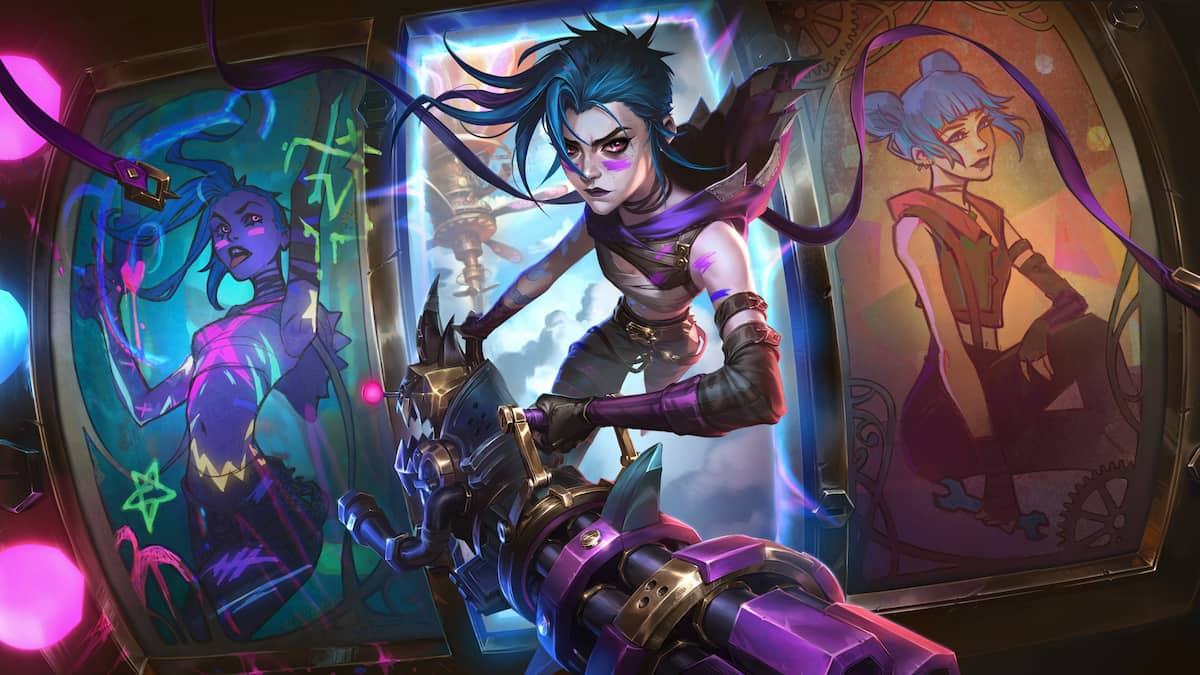
Published: Sep 16, 2020 10:22 pm